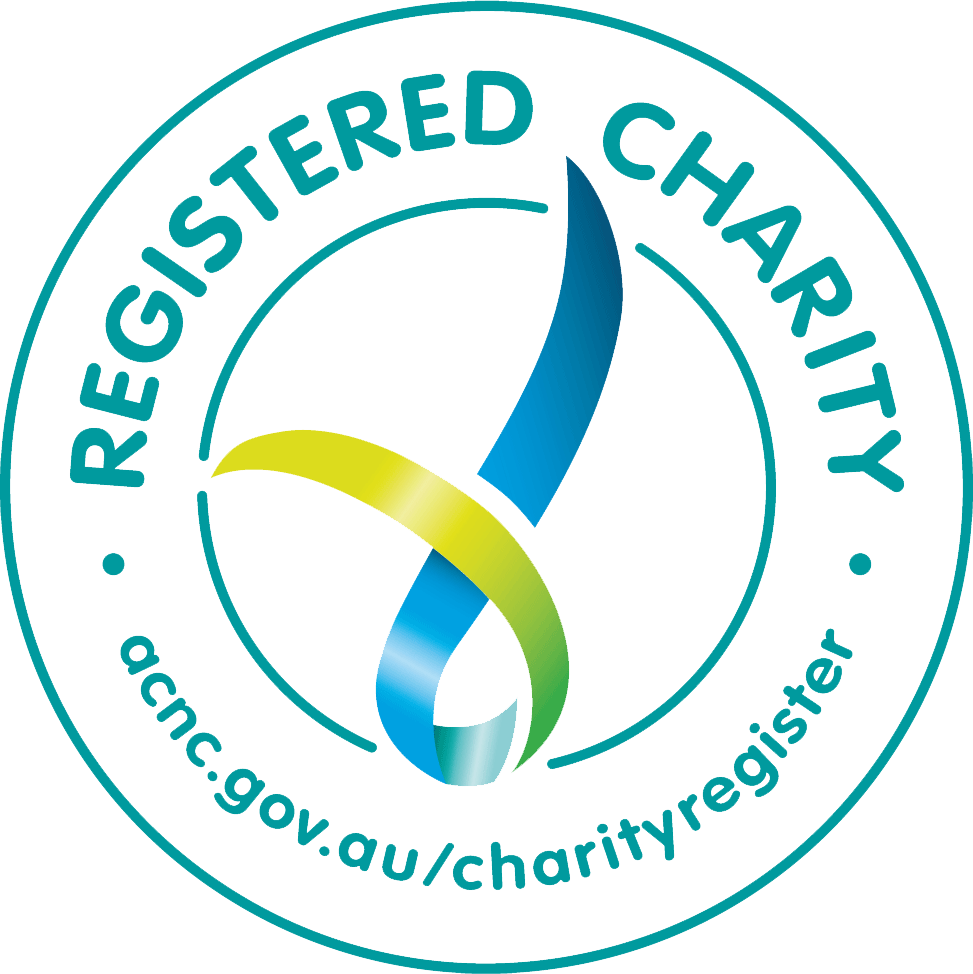In Victoria, the need for foster carers has grown significantly, with a 14% increase in children and young people requiring out-of-home care since 2018. These children come from backgrounds of family violence, trauma, and abuse and urgently need safe, supportive homes.
Becoming a foster carer is a meaningful way to give back to your community. More importantly, it offers a young person the chance to feel safe, loved, and supported to thrive.
What are the requirements to be a foster carer?
Foster carers come from diverse backgrounds—individuals, couples, with or without biological children. They vary in age, culture, religion, sexual orientation and ethnicity.
What matters most for a foster carer is that you:
- You are over the age of 21.
- Have a spare bedroom.
- Can provide a safe, nurturing environment for a child or young person.
- Are willing to participate in the interview and assessment process
If you meet these requirements and have the willingness to make a difference, you may be the perfect fit for fostering.
How long does it take to become a foster carer in Victoria?
On average, the journey to becoming a foster carer in Victoria can take 6–9 months, however the timeframe is largely dependent on your ability to undertake the training and interviews required. This careful and comprehensive accreditation process ensures that vulnerable children are placed with the right carers.
Here’s what the process involves:
- Enquiry
Your first step is reaching out to us. We’ll explain the fostering process, discuss your suitability, and answer your initial questions. - Initial Visit
A member of our team will visit your home to get to know you better, discuss the Lighthouse Foster Care program, and address your queries. - Application
If you decide to proceed, we’ll send you an application pack and assist you as needed - Training
Together, we’ll guide you through the ‘Shared Lives’ foster care training program, which equips you with the skills and knowledge needed for fostering. - Assessment
Through a series of interviews, we’ll explore your motivations, values, skills, and strengths to determine how best we can support you as a carer. - Accreditation
A Foster Care Assessor will prepare a report about your household, which is reviewed by a panel. They’ll make the final decision on your accreditation.
What are the types of foster care?
Foster care comes in various forms, depending on the needs of the child:
- Short-term care: Short-term care can last anywhere from two weeks to six months, often while decisions are being made for the child to return home if it’s safe to do so, or transition into long-term care.
- Long-term care: For some children, returning to their birth family is not possible. Long-term care is provided until family circumstances change or until the child turns 18.
- Respite care: Respite care involves having a child in care for short stays. This could be regular weekends, school holidays or one-off overnight stays.
- Emergency care: Provides immediate care for children in urgent situations, often on short notice.
Can you choose the ages of the children you foster?
Yes, you can specify the age range and gender of the children you’re most comfortable fostering. Options range from infants to teenagers.
What makes a good foster carer?
Fostering is incredibly rewarding, but it also comes with its challenges. Great foster carers are those who:
- Express empathy and warmth, even when a child is struggling to accept it.
- Stay flexible and navigate change, loss, and grief with an open heart.
- Have a willingness to learn—you’re never alone on this journey, and Lighthouse is here to support you every step of the way.
- Bring a sense of playfulness and a good sense of humor.
- Self regulate when stressed.
Why is the Lighthouse approach to fostering different?
The 2024 Foster Care Association Victoria Census Report highlights a common challenge for carers: inadequate support and communication from foster care teams.
At Lighthouse, we put carers first. Our innovative model revolves around a central ‘Hub Home’ where trained therapeutic carers provide:
- Regular respite and sleepovers.
- Trauma-informed advice and support.
- Practical help for foster families.
This unique approach ensures our carers feel supported and empowered to deliver the best care possible to the children in their care.
How do I express my interest to become a foster carer?
Starting your fostering journey is simple. Enquire here to take your first step toward making a life-changing difference.







